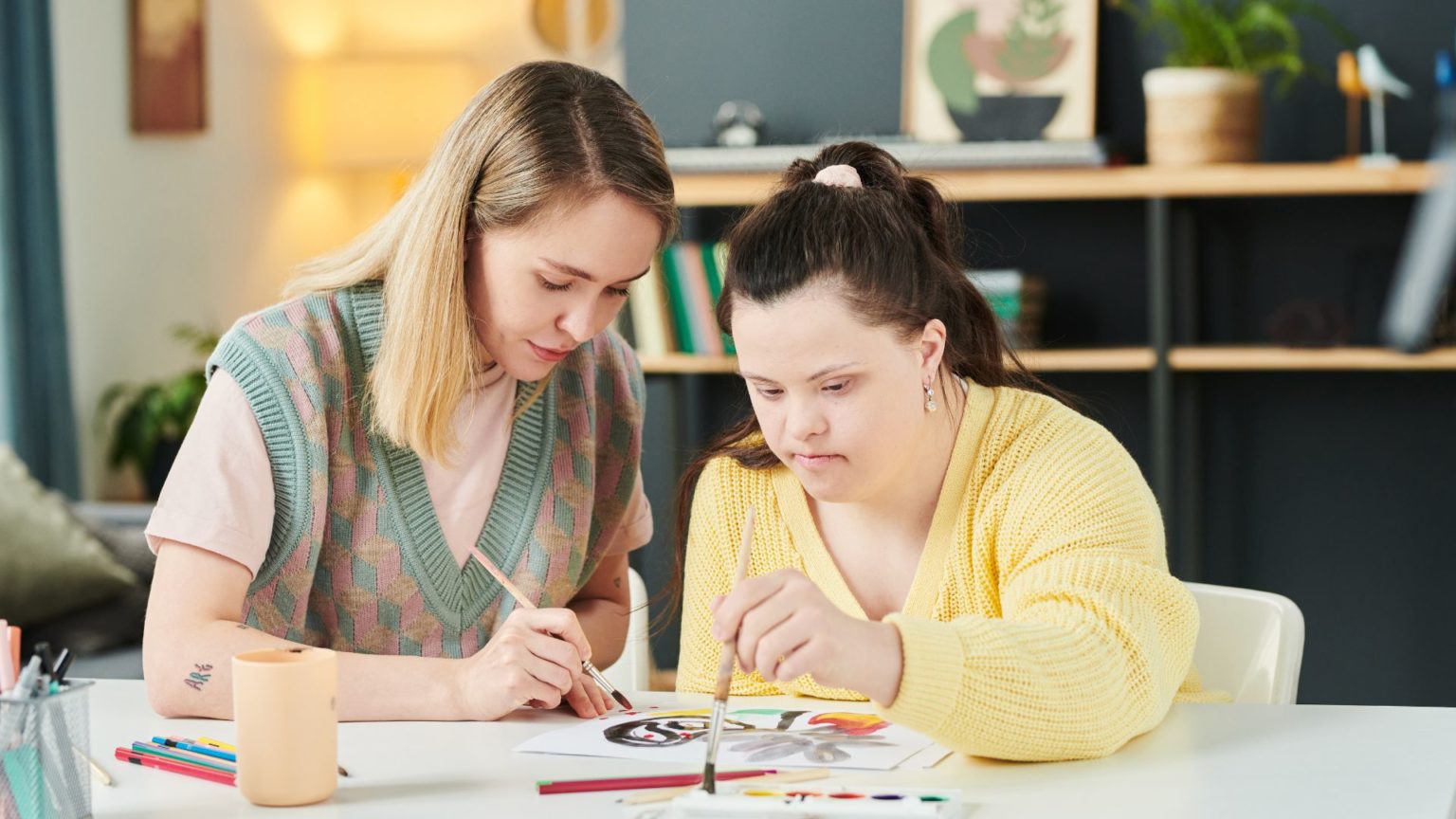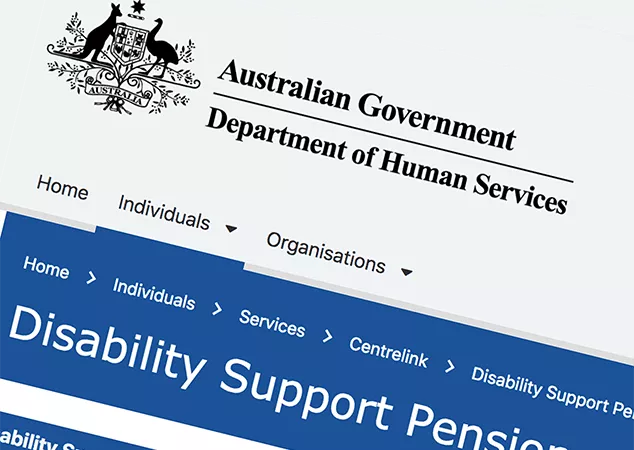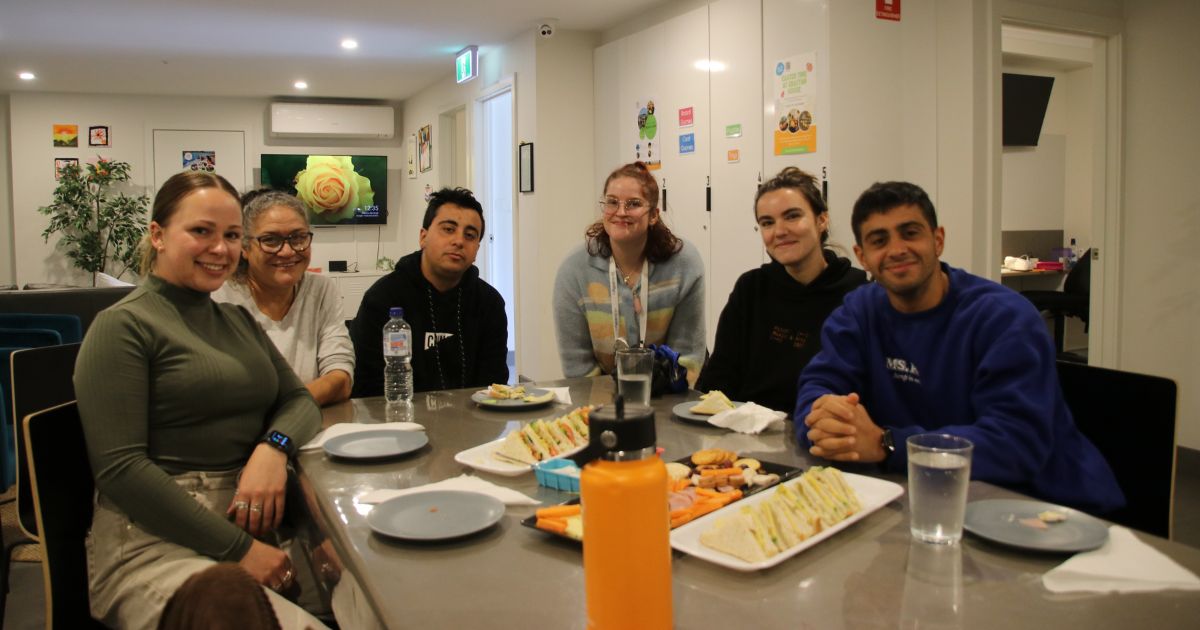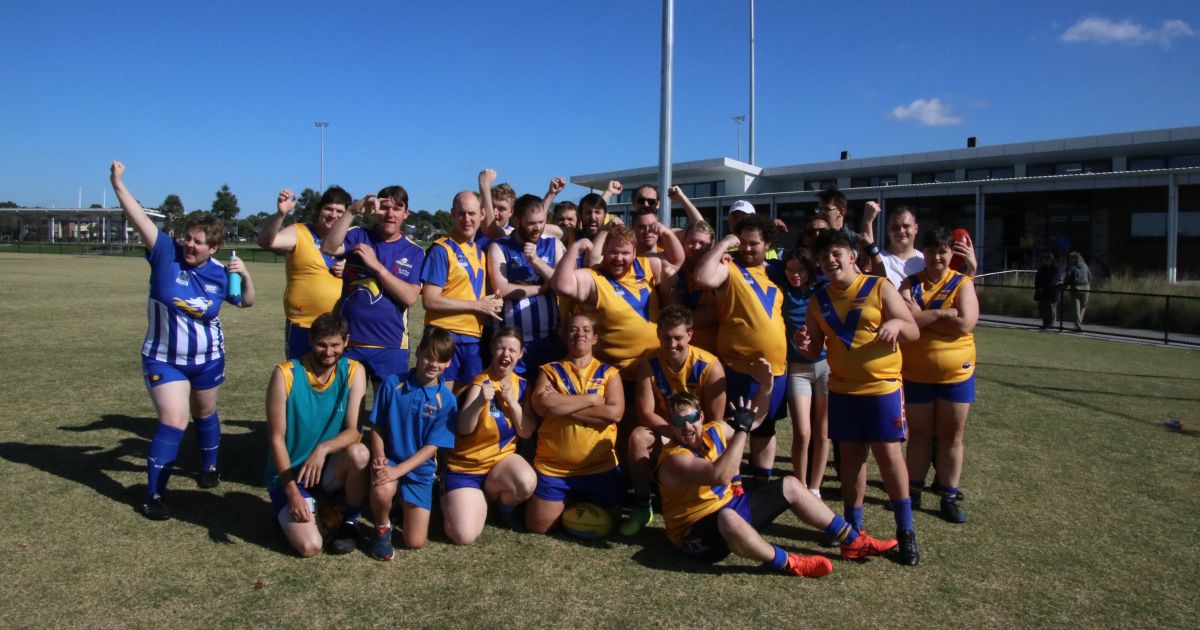News & Stories

Navigating Centrelink Disability Assessment: A Comprehensive Guide
In this comprehensive guide, we aim to provide you with an overview of the Centrelink disability assessment, the necessary preparations, and valuable insights that can help ensure a smoother experience during your assessment journey.

9 Tips on what to look for in Day Group Programs
Day group programs have shown to have a range of benefits and play a crucial role in enhancing the lives of individuals with disabilities. Typically, these programs often organise community outings and participation in community events, allowing participants to actively engage with the broader community.

Understanding how to access the Disability Pension
Our team at times receive calls from people asking about the disability pension, also referred to as Disability Support Pension (DSP). For those interested to learn more about it. It is a vital financial aid offered to people with disabilities by the government.

7 tips and strategies on how to get the most out of your NDIS Plan
The National Disability Insurance Scheme (NDIS) is a funding program designed to support Australians living with a disability. However, navigating the NDIS can be daunting, and it’s essential to understand how to maximise your NDIS funding. In this article, we share 7 tips and strategies on how to get the most out of your NDIS funding.

Casey Demons Support their local All-Abilities Cranbourne Eagles Team
This month, the Casey Demons VFL team invited the local All Abilities Cranbourne Eagles Team to come down and play during the half-time break of their game against Collingwood. It was a proud moment for us to see the crowd on the day cheer and support the local All-Abilities players.

How Respite Care Can Help You Recharge and Manage Burnout
Caring for a loved one who has a disability or chronic illness can be both a rewarding and challenging experience. However, at times, it can get emotionally and physically demanding, and it’s not uncommon for caregivers to experience burnout and want a break. Respite care is a service that provides temporary relief to caregivers, giving them a break from their caregiving responsibilities. In this article, we’ll explore how respite care can help carers recharge and prevent burnout.

7 Benefits of Disability Sports and Recreation
Recently, we held a special Family Fun Day packed with entertainment at the Livingston Reserve in Cranbourne East on Sunday, 30 April 2023. It was a chance to raise much needed awareness about supporting footy players with disability.

Top Five Benefits of Using Support Coordination
Support coordination is an essential part of the National Disability Insurance Scheme (NDIS). It involves working with a support coordinator to identify and connect with the necessary services and support to meet your disability related goals. It is also a vital service for people with disabilities and their loved ones, as it can help them access a wide range of services they may not have been aware of otherwise.

Top 5 Qualities to Look For in A Disability Support Worker
What are disability support workers, you ask? Well, disability support workers are healthcare professionals who provide assistance to people with disability. They help clients with physical and mental disabilities with activities of daily living, such as bathing, eating, dressing, and managing medications. They may also provide emotional and social support, assist with accessing resources and healthcare services, and help clients to reach their maximum potential.

